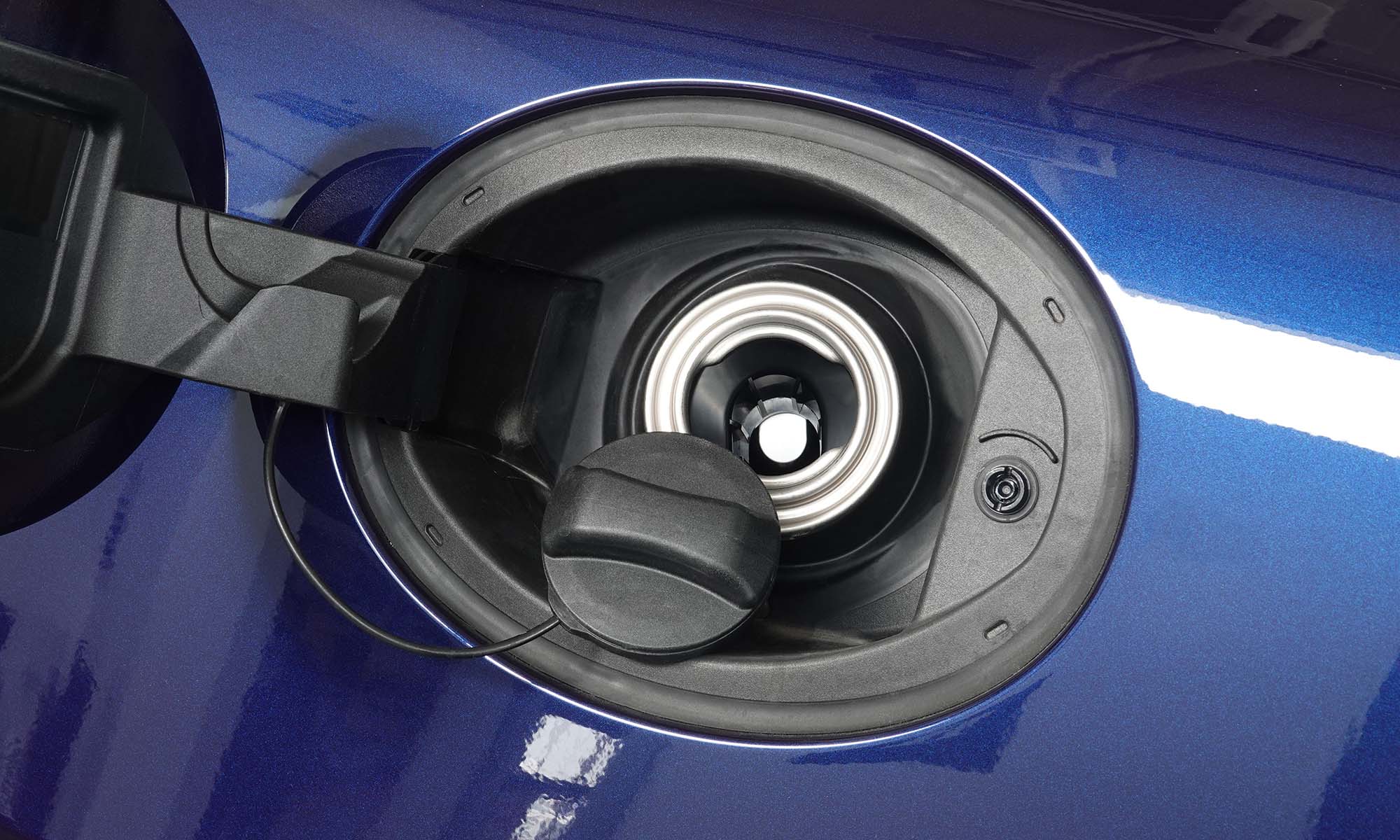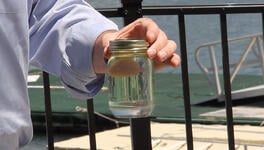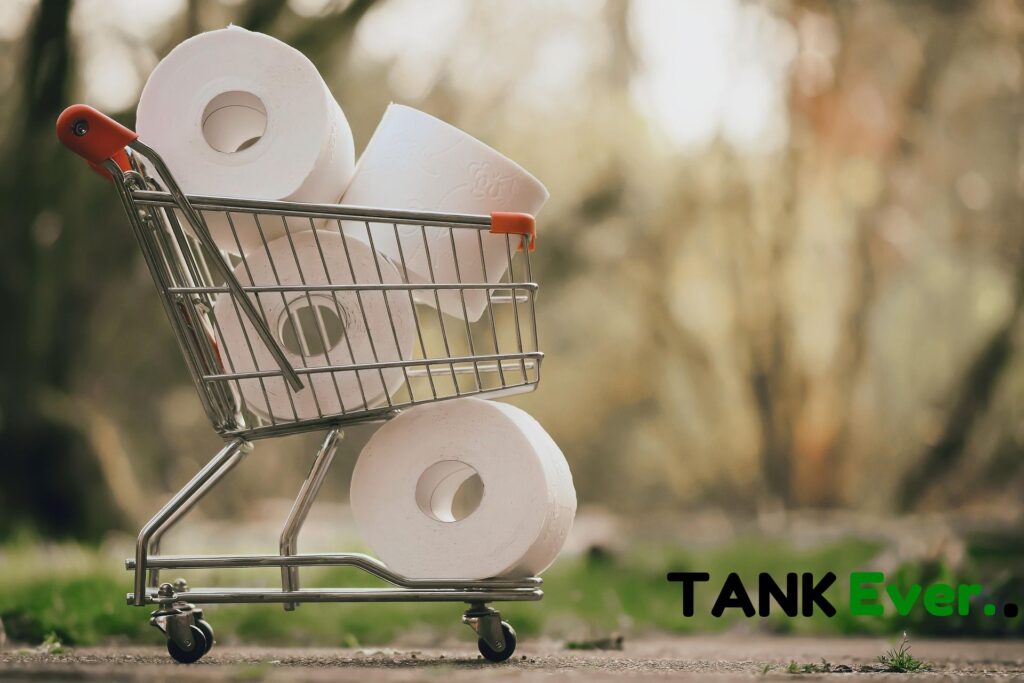Have you ever wondered what happens if water gets in your gas tank? It is not a good thing. Water and gas do not mix well. Let’s explore this topic further.
Why Water in the Gas Tank is Bad
Water in the gas tank can cause big problems. Gasoline is meant to burn and make your car move. Water does not burn. It stops the gas from doing its job.
Problems Caused By Water
When water gets in the tank, it can lead to trouble. Here are some issues:
- Engine Trouble: The engine might not start or run smoothly.
- Rust: Water can cause rust in the tank. Rust is bad for metal parts.
- Fuel System Damage: Water can hurt parts like the fuel pump and fuel injectors.
How Does Water Get in the Tank?
Water can sneak into the gas tank in different ways. Sometimes, it happens by accident.
Common Ways Water Enters The Tank
- Rain: If the gas cap is loose, rain can get in.
- Bad Fuel: Sometimes, gas stations have tanks with water. If you fill up from these, you get water too.
- Condensation: In cold weather, water droplets form inside the tank.
Signs of Water in the Gas Tank
How do you know if there’s water in your tank? Look for these signs:
- Hard Starting: The engine might not start easily.
- Stalling: The car could stop suddenly.
- Poor Acceleration: The car might feel slow and sluggish.
- Misfires: The engine might make popping sounds.
What to Do If Water Gets in the Tank
Don’t worry too much. There are ways to fix the problem.
Steps To Remove Water
- Use Fuel Additives: Additives can help remove water.
- Drain the Tank: You might need to drain the tank completely.
- Professional Help: Sometimes, it’s best to see a mechanic.
Preventing Water in the Gas Tank
It’s better to stop water from getting in the tank. Here’s how:
Tips For Prevention
- Check the Gas Cap: Make sure it is tight.
- Buy Fuel from Trusted Stations: Choose places with clean fuel.
- Regular Maintenance: Get your car checked often.
Understanding Water and Gas
Why don’t water and gas mix? It’s because of their properties.
Basic Chemistry
Gasoline is oily and light. Water is heavy. They just don’t blend together.

Effects on Engine Performance
Water makes the engine work harder. It affects how the car performs.
Performance Issues
- Lower Power: The car might lose strength.
- Increased Fuel Consumption: It might use more gas.

Frequently Asked Questions
How Does Water Affect A Gas Tank?
Water dilutes fuel, causing engine misfires and reduced performance. It can also lead to rust in the tank.
Can Water In A Gas Tank Damage The Engine?
Yes, it can. Water disrupts fuel combustion, potentially causing engine damage over time if not addressed.
How Do You Know If Water Is In Your Gas Tank?
Symptoms include rough idling, engine stalling, and poor acceleration. Fuel contamination tests can confirm water presence.
What Are Common Signs Of Water In Fuel?
Engine misfires, difficulty starting, and reduced power are common. Fuel efficiency may also decrease significantly.
Conclusion
Water in the gas tank is not fun. But you can fix it. Remember to check your gas cap. Buy fuel from good places. Keep your car in top shape.
